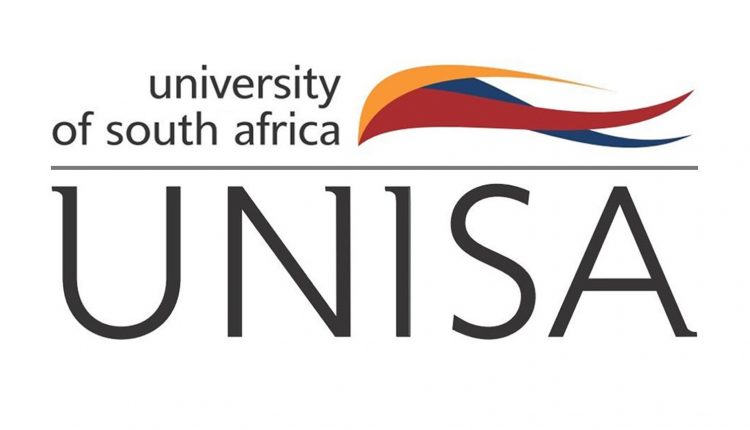University of South Africa: Study explores ways to increase staff performance and outputs
A study entitled “The improvement of performance management systems at Unisa” focuses on the assessment of individual staff members and management practices in order to improve overall staff performance towards providing quality service delivery and performance towards key stakeholders.
It is imperative that Unisa keeps striving towards its vision and mission, that is, to keep shaping futures in the service of humanity and to remain exceedingly relevant in being the leading global open, distance and eLearning (ODeL) university. This study submitted by Dr Richard Harding in April 2020 towards a PhD degree examines how key interdependent components comprising staff and management can function towards a greater vision of delivering key services timely and efficiently through service delivery frameworks supported by research.
Harding’s research comes from a deeper understanding of Unisa’s practices. He started working at the institution in 1980 at the Examinations Section, occupying several positions including Director of Undergraduate Student Affairs and, later, Director of Student Admissions and Registration (until 2020).
The study’s specific goal was to investigate, analyse and interpret individual performance management practices. The study used both qualitative and quantitative research paradigms, resulting in a mix of inductive and deductive approaches, sampling and analyses, data collection and interpretation. However, to reach valid and reliable conclusions, the research design and methodology in this study primarily focused on a case study design and a mixed method approach.
“The first part of the thesis focused on the analysis of literature and empirical documents relating to performance management approaches and the research design and methodology applied,” says Harding. “The second part focused on the performance management practices at Unisa, the implementation of surveys/questionnaires, interviews and group discussions.”
According to the study, performance management should focus on identifying an individual’s strengths and weaknesses to improve individual performance outcomes. “As a result,” says Harding, “if managers want to effectively manage individuals and improve individual performance, all related factors, such as motivation, coaching and monitoring, as well as influencing positive behaviour in individuals, should be incorporated into an effective performance management system, therefore leading to an improved service delivery system.”
Oftentimes managers, fearing prejudice or unfairness, tend to give biased individual scores, and thus, inadvertently create an environment where up-skilling and coaching remain a near impossible feat. Says Harding: “Far too often, managers neglect objectively analysing performance appraisals’ outcomes, and compromise by allocating undeserved percentage ratings, mainly to avoid possible conflict situations. The study’s findings provided valuable insights that could improve the performance management system at Unisa.”
Some of the study’s findings are that
effective performance management entails co-analysis, co-decision, co-design and co-evaluation, which could lead to the clear objective setting of targets for implementation by individuals.
the implementation of quarterly appraisals and “crowdsourcing” or 360° evaluations can create high value towards individuals.
continuous self-development and training are imperative in order to remain relevant and to stimulate independent though towards long-term service delivery objectives and measured outcomes.
Harding asserts that this study’s outcomes could make a significant contribution to the body of existing literature in the discipline of Public Administration, specifically in respect of the surveys/questionnaires within three prominent constructs, the triangulation and mixed-methods approach used for this study, and the case study model applied in the research focusing on Unisa as an institution of higher education.

